Introduction
The Ultimate Guide to Parson Russell Terrier highlights this breed's energetic history.
- Originally bred for hunting foxes, they are known for their agility and speed
- Despite their size, they have a bold and fearless personality that stands out
- Parson Russells are loyal and can form strong bonds with their human companions
- Their intelligence and curiosity make them a fun yet sometimes challenging pet
- This guide will cover their traits, care needs, health, training, and more
1. History and Origins of the Parson Russell Terrier
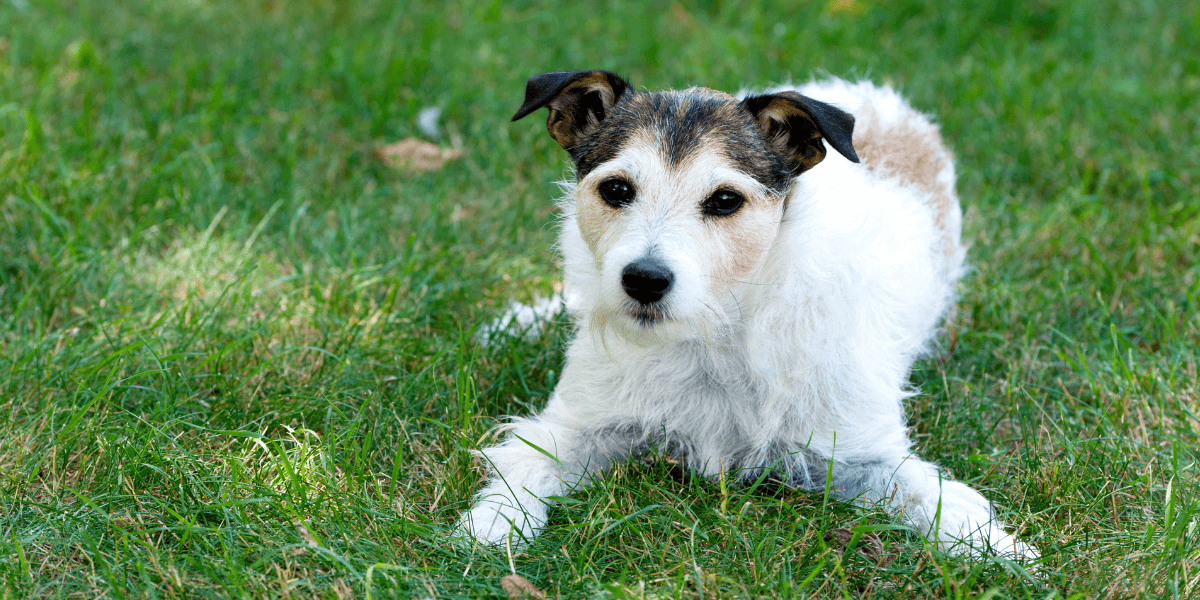
The Parson Russell Terrier has a long history as a working dog in England.
- Bred for hunting: Parson Russells were originally bred to hunt foxes
- Named after a clergyman: The breed was developed by Reverend John "Jack" Russell
- Developed in the 19th century: The breed gained recognition in England during this time
- A working-class dog: These terriers were popular among farmers and hunters
- Strong prey drive: They were bred to track and chase small game into burrows
- Gained AKC recognition: The breed was officially recognized by the AKC in 1997
- Distinct from Jack Russell Terriers: Parson Russells are taller and more square-shaped
2. Physical Characteristics
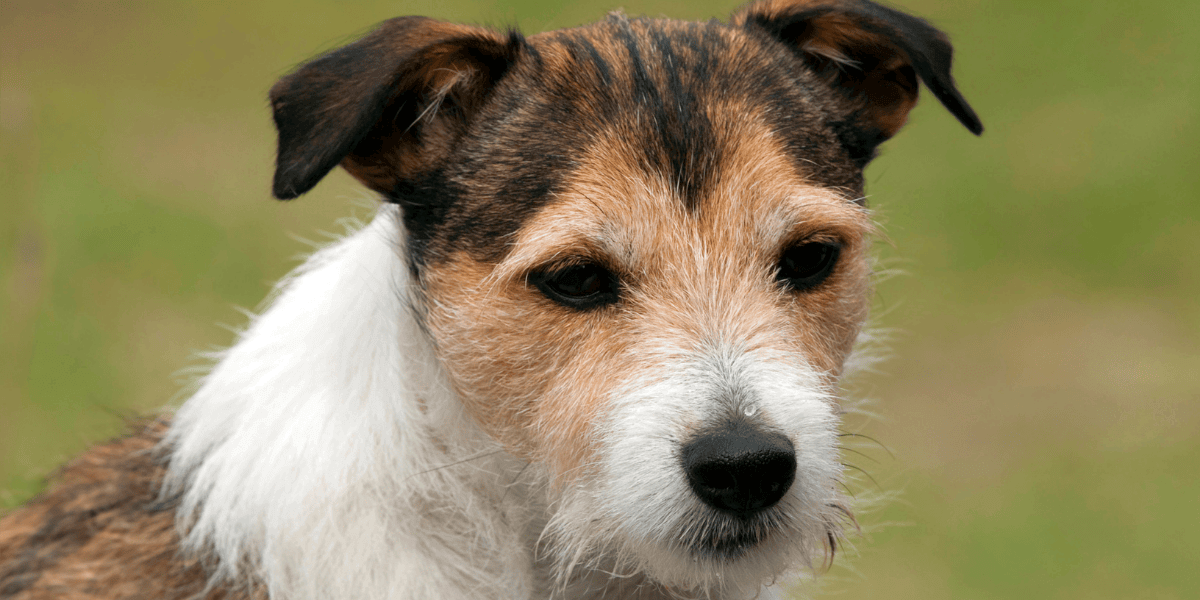
The Ultimate Guide to Parson Russell Terrier highlights their athletic build and face.
- Medium-sized breed: They typically weigh between 13 and 17 pounds
- Square-shaped body: They have a balanced, square-like appearance with strong muscles
- Distinct coat: Their coat is usually short and can be either smooth or rough
- Coat colors: They come in various colors, most commonly white with tan or black markings
- Dark, expressive eyes: Their eyes are almond-shaped and convey intelligence
- High-set ears: Their ears are v-shaped and fold forward, giving them a keen look
- Tapered tail: Parson Russell tails are often docked and held high, showcasing alertness
3. Temperament and Personality
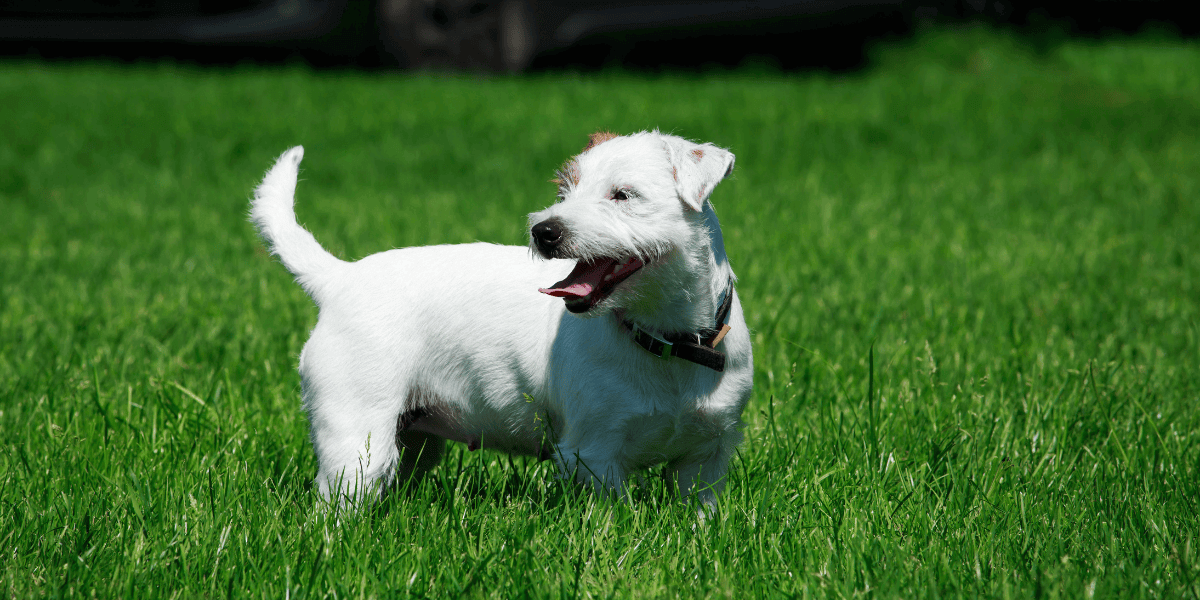
These terriers have a lively personality that needs attention and stimulation.
- Energetic and playful: Parson Russells are full of energy and enjoy activities
- Intelligent and curious: They have sharp minds and explore eagerly
- Fearless yet friendly: They are sociable and affectionate despite being bold
- Strong-willed: They can be stubborn, making early training and socialization crucial
- Loyal to family: They form close bonds with their family but can be wary of strangers
- Territorial instincts: They protect their home and alert owners to intruders
- Excellent companions for active owners: They need lots of exercise and stimulation
4. Care and Grooming
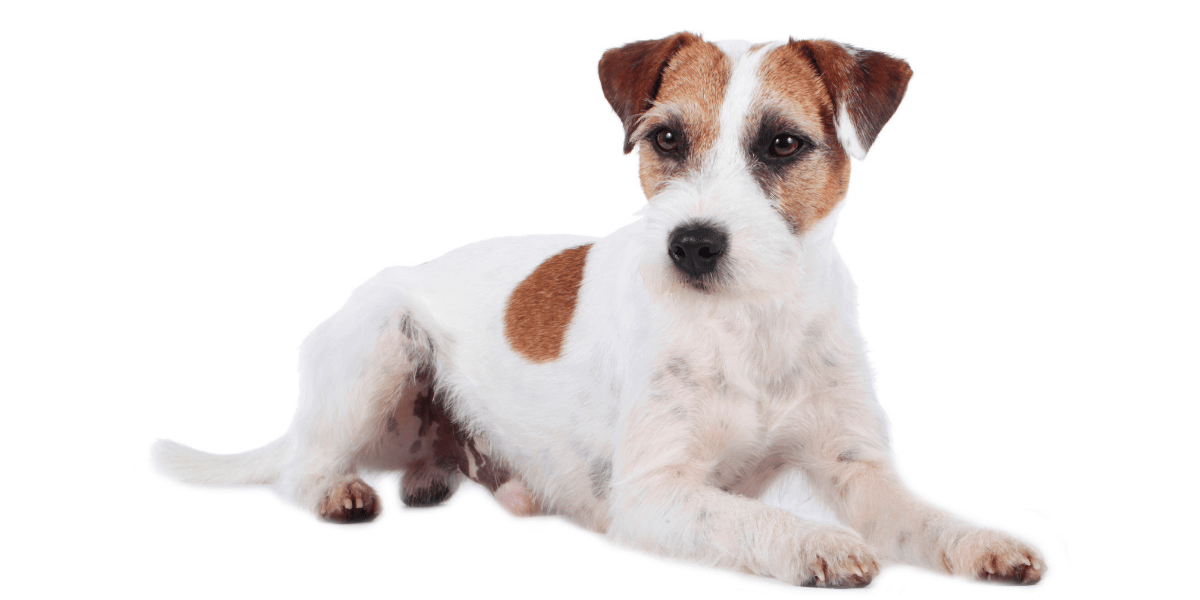
The Ultimate Guide to Parson Russell Terrier highlights the need for regular care.
- Weekly brushing: Their coats benefit from weekly brushing to remove loose hair
- Minimal shedding: They are moderate shedders, but regular grooming reduces the amount
- Nail trimming: Regular nail trimming is important, especially for active dogs
- Ear cleaning: Check and clean their ears weekly to prevent infections
- Dental hygiene: Brush their teeth frequently to avoid plaque buildup and oral diseases
- Bathing as needed: These terriers only need occasional baths when they become dirty
- Check for skin issues: Regularly inspect their skin for signs of irritation or parasites
Discover grooming tips to keep your Parson Russell Terrier looking their best, similar to German Shepherds.
5. Health and Lifespan
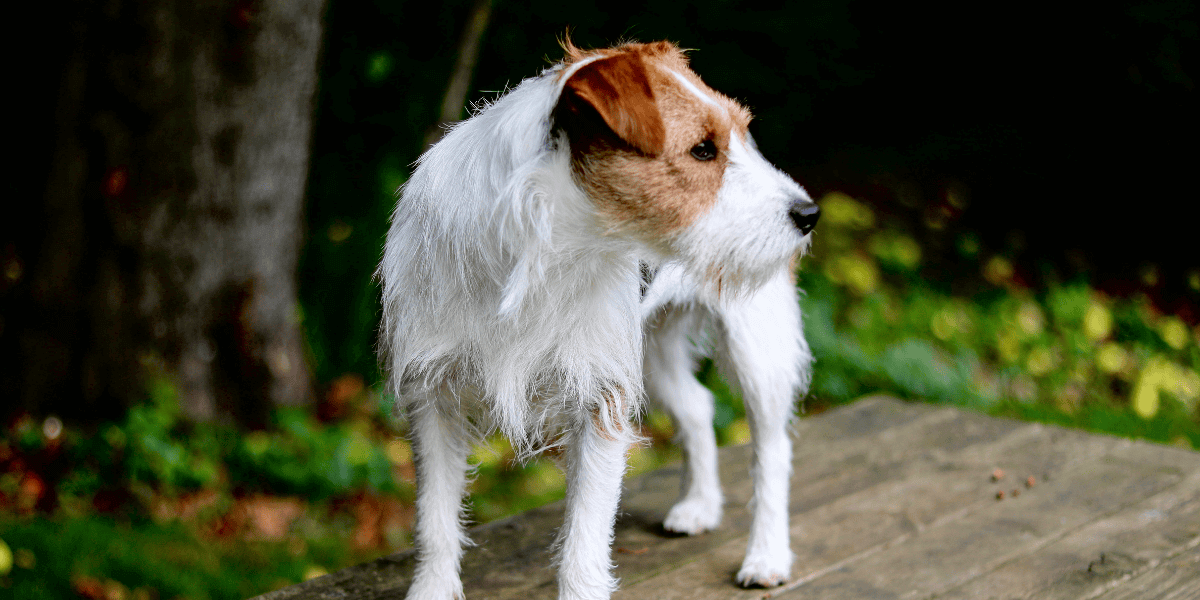
Parson Russell Terriers are generally healthy but can be prone to certain conditions.
- Long lifespan: They typically live between 12 to 15 years with proper care
- Eye disorders: They are prone to cataracts and other genetic eye conditions
- Patellar luxation: This common condition affects the knee joints in smaller breeds
- Deafness: Some Parson Russells may be born with hearing impairments
- Legg-Calve-Perthes disease: This is a hip condition that can affect some individuals
- Heart disease: They are at risk of developing heart conditions later in life
- Regular vet checkups: Annual checkups help catch health issues before they become severe
6. Training and Exercise
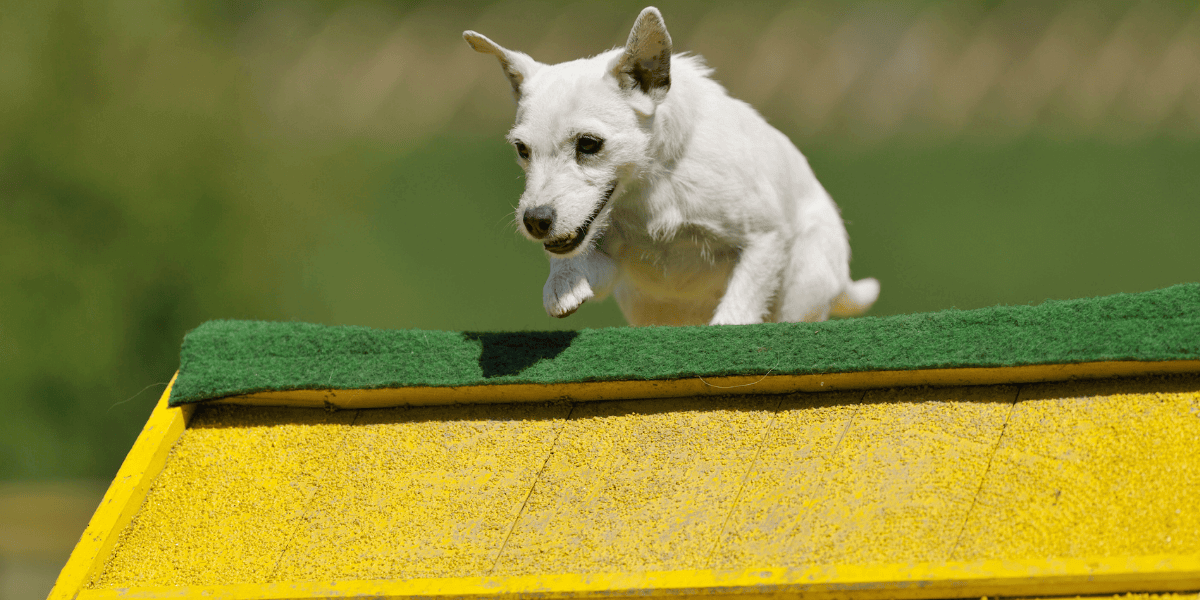
The Ultimate Guide to Parson Russell Terrier highlights their need for stimulation.
- Basic obedience training: Early training helps control their strong-willed nature
- Socialization from an early age: Exposure to different environments and people is vital
- Mental stimulation: Provide toys and activities that challenge their intelligence
- Agility training: These dogs excel in agility courses, thanks to their speed and focus
- Long daily walks: At least an hour of exercise daily is necessary to tire them out
- Off-leash play: Parson Russells enjoy safe, off-leash play in fenced areas
- Consistency in training: They respond best to firm, consistent training methods
Explore effective training techniques to raise a well-behaved Parson Russell Terrier, akin to Great Danes.
7. Parson Russell Terriers as Family Pets
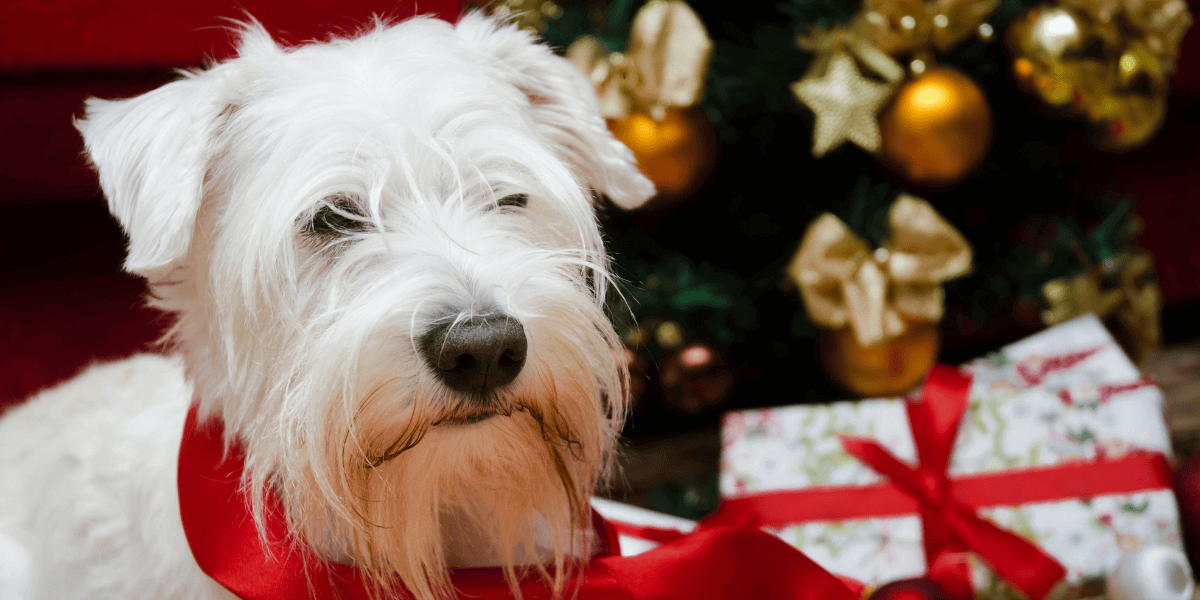
Parson Russell Terriers make excellent pets for active families seeking companionship.
- Energetic playmates for kids: Their lively nature makes them great for active children
- Need space to roam: They do best in homes with yards or access to outdoor spaces
- Can be challenging for first-time owners: Their stubbornness can be tough for newcomers
- Compatible with other dogs: They usually get along well if socialized early on
- Chasing small animals: Caution is needed with small pets due to their prey drive
- Protective of their family: Parson Russells are loyal and protective of loved ones
- Requires time and attention: This breed suits active owners, not low-maintenance ones
Learn how Parson Russell Terriers thrive in family settings, much like Bernese Mountain Dogs.
FAQs
1. Are Parson Russell Terriers good with children?
- They are generally good with older children who can match their energy level
2. Do Parson Russells get along with other pets?
- They can get along with other dogs but may chase smaller animals due to their prey drive
3. How much exercise does a Parson Russell Terrier need daily?
- The Ultimate Guide to Parson Russell Terrier states they need one hour of daily exercise
4. Are Parson Russell Terriers easy to train?
- They are intelligent but can be stubborn, so consistent training is important
5. What health issues are common in Parson Russells?
- Common health issues include eye disorders, patellar luxation, and heart disease
6. Do they shed a lot?
- Parson Russells are moderate shedders, but weekly brushing helps reduce shedding
7. Can they be left alone for long periods?
- They can’t handle being alone long, as boredom can lead to destructive behavior
Conclusion
- Parson Russell Terriers are fun and lively pets for active individuals or families
- The Ultimate Guide to Parson Russell Terrier shows how they thrive in challenges
- Early training and socialization are essential for a well-behaved Parson Russell
- Regular exercise and grooming will keep them healthy and happy throughout their lives
- Be prepared for their energy levels and need for attention if considering this breed
Share this guide or comment below with your thoughts on Parson Russell Terriers!
References
For more information on the Ultimate Guide to Parson Russell Terrier, check out:




